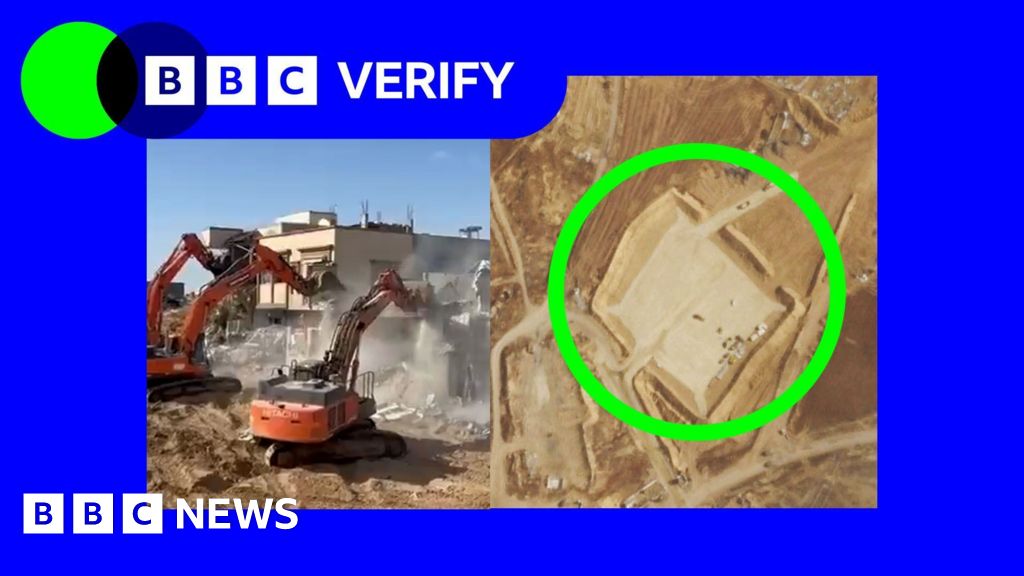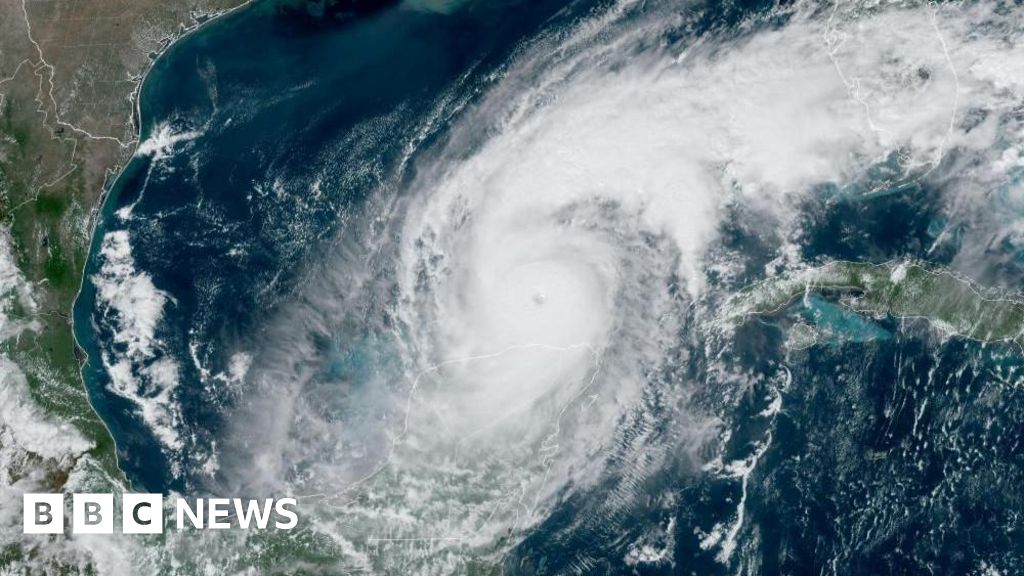- Technology
credit cards that offer 0% introductory APR
时间:2010-12-5 17:23:32 作者:Audio 来源:U.S. 查看: 评论:0内容摘要:A marathon runner who said he refused to be defined by a mental illness he had as a child has been pounding the pavements as part of a 365-day challenge.A marathon runner who said he refused to be defined by a mental illness he had as a child has been pounding the pavements as part of a 365-day challenge.
The soldier also says he witnessed prisoners being blindfolded and not allowed to move “for basically their entire stay… and given amounts of food that were shocking”.When his first tour of duty ended he vowed not to return.

The IDF referred me to a statement from last May which said any abuse of detainees was strictly prohibited. It also said three meals a day were provided, “of quantity and variety approved by a qualified nutritionist”. It said handcuffing of detainees was only carried out “where the security risk requires it” and “every day an examination is carried out… to make sure that the handcuffs are not too tight”.The UN has said reports of alleged torture and sexual violence by Israeli guards were “grossly illegal and revolting” and enabled by “absolute impunity”.Michael Ofer-Ziv, 29, knew two people from his village who were killed on 7 October,

whose body was paraded through Gaza on the back of a pickup truck in what became one of the most widely shared images of the war. “That was hell,” he says.Michael was already a committed left-winger who advocated political not military solutions to the Israeli-Palestinian conflict. But, like his comrades, he felt reporting for reserve duty was correct. “I knew that the military action was inevitable… and was justified in a way, but I was very worried about the shape it might take.”

His job was to work as an operations officer in a brigade war room, watching and directing action relayed back from drone cameras in Gaza. At times the physical reality of the war hit home.
“We went to get some paper from somewhere in the main command of the Gaza area,” he remembers. “And at some point we opened the window… and the stench was like a butchery… Like in the market, where it's not very clean.”A trial date is yet to be set.
Thousands of cannabis plants have been seized after an operation by police forces across the South West.Officers from Avon and Somerset, Wiltshire, Gloucestershire, Devon and Cornwall, Dorset and the South West Regional Organised Crime Unit were involved in Operation Mille.
The scheme, which included almost 40 arrests, was aimed at tackling the growing threat of organised crime groups and their involvement in the illegal drug supply chain.Avon and Somerset Police acting Det Ch Insp, Matthew Lloyd, said the operation demonstrated what can be achieved "when police forces take a united stand".
- 最近更新
- 2025-07-07 06:26:34Putin says Russian recession must not happen ‘under any circumstances’
- 2025-07-07 06:26:34Digital solidarity: How Iran’s Gen Z is dealing with war online
- 2025-07-07 06:26:34Layoff notices delivered to hundreds of Voice of America employees
- 2025-07-07 06:26:34Layoff notices delivered to hundreds of Voice of America employees
- 2025-07-07 06:26:34Japan retrieves remains of 1 of 2 service members whose training plane crashed
- 2025-07-07 06:26:34Photos: The deadliest day at Gaza’s food distribution centres
- 2025-07-07 06:26:34US Fed leaves interest rates unchanged amid economic uncertainty
- 2025-07-07 06:26:34Mapping Israel’s expanding air attacks across Syria
- 热门排行
- 2025-07-07 06:26:34Iran has not agreed to inspections or given up enrichment, says Trump
- 2025-07-07 06:26:34Fortnite says it's offline on Apple's iOS around the world
- 2025-07-07 06:26:34Pesto Shrimp with Cherry Tomatoes
- 2025-07-07 06:26:34Federal appeals court continues to block Florida’s drag-show ban as likely unconstitutional
- 2025-07-07 06:26:34world's largest cruise ships
- 2025-07-07 06:26:34USDA withdraws a plan to limit salmonella levels in raw poultry
- 2025-07-07 06:26:34Adding or removing drivers from your household changes
- 2025-07-07 06:26:34Most Americans now get their news from social media, report finds
- 友情链接
- US imposes new Mexican cartel sanctions, cites murder of TikTok influencer Iranian missiles slam into Israel as huge explosions rock Tehran Fruit and veg threat extends Thailand-Cambodia border row Dashcam captures huge blast in Ashdod in Israel Ex-Argentinian President Cristina Fernandez de Kirchner given house arrest ‘Massive’ Russian air assault kills at least 10 in Ukraine’s capital Kyiv Prominent Nicaraguan dissident shot dead in exile in Costa Rica Risk of Iran attack on US bases in Gulf likely not “huge” Russia-Ukraine war: List of key events, day 1,215 Russia, Indonesia deepen ties as Putin and Prabowo meet in St Petersburg ‘Amazing feeling’: Marc Marquez wins Italian MotoGP for Ducati on home soil Eight killed after hot air balloon crashes in Brazil Video: Pro-Palestinian marches in cities around the world ‘Massive’ Russian air assault kills at least 10 in Ukraine’s capital Kyiv Israel hits Tehran with massive air attacks ‘Amazing feeling’: Marc Marquez wins Italian MotoGP for Ducati on home soil Satellite images show damage from US strikes on Iran’s Fordow nuclear site Israel hits Tehran with massive air attacks Pope century leads England fightback against India at Headingley Dozens of Bali flights cancelled after Indonesia volcano erupts US imposes new Mexican cartel sanctions, cites murder of TikTok influencer Petro’s labour reform referendum suspended by Colombia’s Council of State Belarus opposition leader Siarhei Tsikhanouski freed from jail, says wife Dashcam captures huge blast in Ashdod in Israel Risk of Iran attack on US bases in Gulf likely not “huge” Taiwan detects dozens of Chinese aircraft near island after UK ship patrol Nippon Steel acquires US Steel for $14.9bn after months of struggle Syria church bombing attack kills 25, dozens wounded Dozens of Bali flights cancelled after Indonesia volcano erupts Prominent Nicaraguan dissident shot dead in exile in Costa Rica
